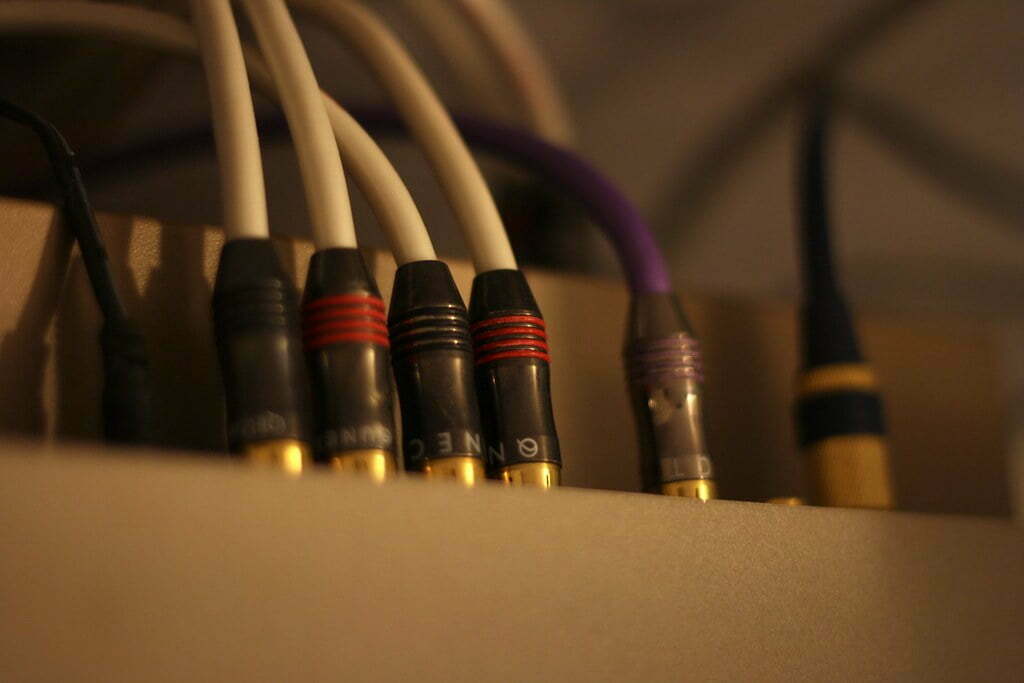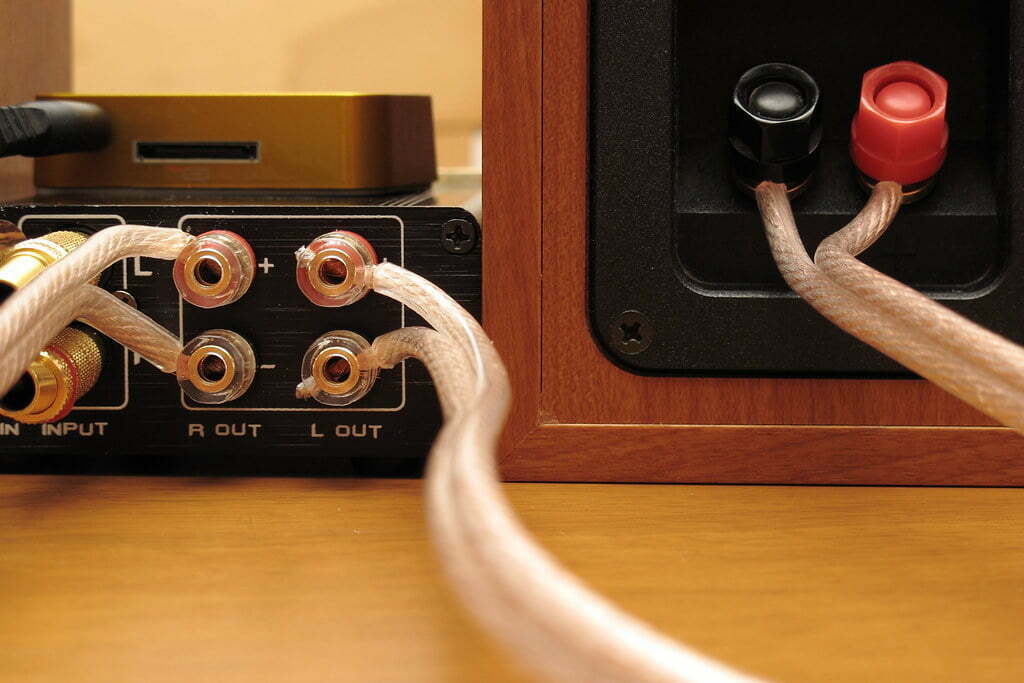
There are several core materials used to make audio cables, each with its own set of advantages and disadvantages. Some of the most common core materials used in audio cables include:
- Copper: Copper is the most common core material used in audio cables. It is a good conductor of electricity and is relatively inexpensive. However, copper is also prone to oxidation, which can affect the quality of the signal over time.
- Silver: Silver is an excellent conductor of electricity and is less prone to oxidation than copper. However, it is also more expensive than copper, and may not be necessary for most applications.
- Gold: Gold is also an excellent conductor of electricity, but is even more expensive than silver. Gold is often used for connectors and contact points in high-end audio systems, but is not typically used as a core material for cables.
Among copper cables, sometimes you can find some cables labelled “OFC”.
OFC stands for Oxygen-Free Copper. It is a type of copper that has been refined to reduce the amount of oxygen and other impurities in the metal. OFC is important for cables because it has several benefits over regular copper. One of the main benefits of OFC is that it is a better conductor of electricity than regular copper. This means that OFC cables can transmit electrical signals with less resistance, resulting in clearer and more accurate signals. OFC cables are also less likely to corrode over time, which can degrade signal quality.
Another benefit of OFC cables is that they are more durable than regular copper cables. OFC is less likely to break or deform under stress, which can help ensure that the cable will work properly for a longer period of time. Although OFC is a good conductor of electricity, but it is not as good a conductor as silver or gold. Silver is the best conductor of electricity among common metals, with a conductivity rating of about 105% of copper, while gold has a conductivity rating of about 70% of copper.
Compared to OFC, silver and gold cables can provide a higher level of signal quality due to their superior conductivity. Silver cables can provide even clearer and more accurate signals than OFC, as they have a lower resistance and better conductivity. Gold cables are also good conductors of electricity, and they have the added benefit of being highly resistant to corrosion and oxidation, which can help ensure signal quality over time.

But since silver and gold are very expensive, they usually used just as coating materials for high-end audio connectors instead of core materials for the entirety of the cables.
Silver plated connectors for example, are usually made of a base metal (usually copper or brass) that is coated with a thin layer of silver. The purpose of the silver plating is to improve the conductivity of the connector, as silver is a better conductor of electricity than copper or brass. Silver plated connectors can provide several benefits over connectors made of other materials. First, they can help to reduce the resistance in the audio signal path, resulting in clearer and more accurate sound. Second, silver is highly resistant to oxidation and corrosion, which can help ensure that the connector maintains its conductivity over time.
In conclusion, you might need OFC cables in conjunction with silver plated connectors if you are working with high-end audio or video equipment, where signal quality is critical. OFC cables can help ensure that your audio or video signals are transmitted with the highest possible fidelity. OFC cables are also commonly used in other applications where signal quality is important, such as in telecommunications, scientific research, and medical equipment.

